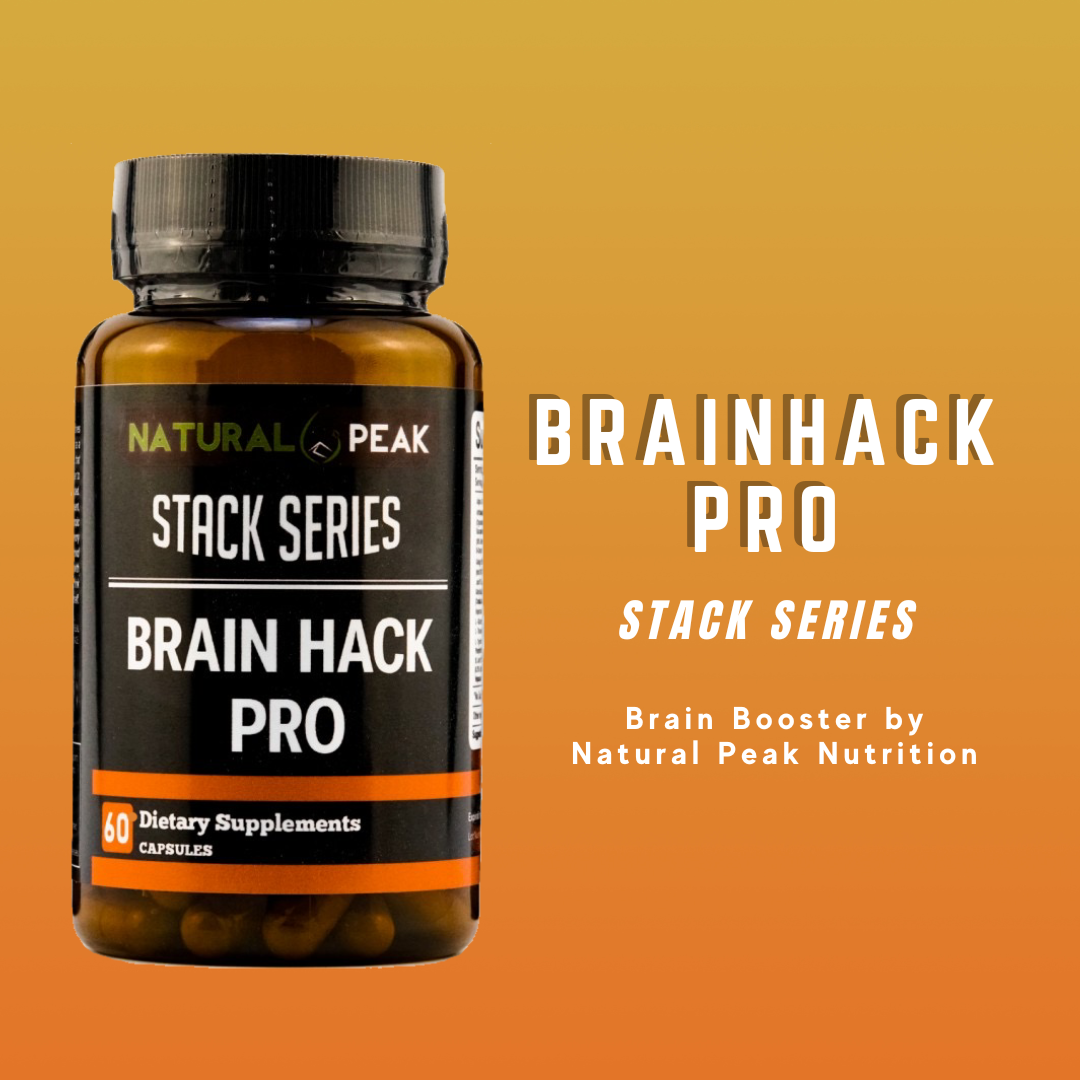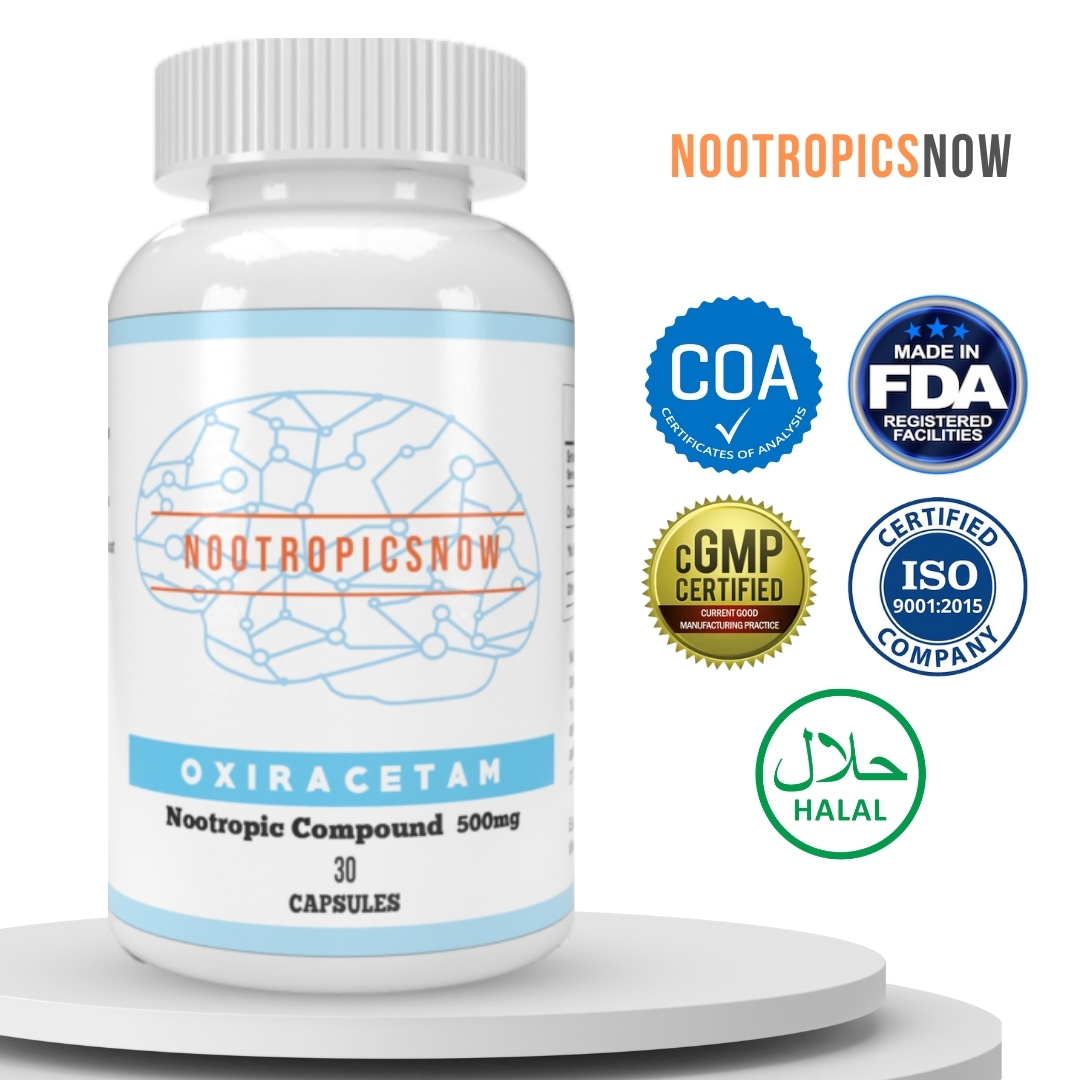Vitamins for Brain Development Philippines

Vitamins for Brain Development in the Philippines
Brain development is a complex and continuous process that begins in utero and extends well into adulthood. Proper nutrition, especially during critical periods like infancy and childhood, is essential for optimal brain growth and function. In the Philippines, where dietary habits and access to nutritional resources can vary significantly, understanding the specific vitamins and minerals that support brain development is crucial for parents and caregivers.
The Importance of Early Brain Development
The early years of a child’s life are characterized by rapid brain growth and the formation of neural connections. These connections are the foundation for cognitive abilities, emotional regulation, and social skills. Insufficient intake of certain vitamins and minerals during this period can have lasting negative impacts on a child’s development, leading to learning difficulties, behavioral issues, and impaired cognitive function.
Key Stages of Brain Development
Essential Vitamins for Brain Development
Several vitamins and minerals are known to play a critical role in supporting brain development and function. These nutrients are involved in various processes, including cell growth, neurotransmitter synthesis, and protection against oxidative stress.
B Vitamins: Powering the Brain
The B vitamins are a group of eight essential nutrients that work together to support various bodily functions, including brain health. They are water-soluble, meaning the body cannot store them, and therefore, they need to be obtained through diet or supplements.
1. Vitamin B1 (Thiamine)
Thiamine is essential for glucose metabolism, which is the brain’s primary source of energy. It also plays a role in the synthesis of neurotransmitters like acetylcholine, which is involved in memory and learning. A deficiency in thiamine can lead to neurological problems and cognitive impairment. Therefore, ensuring adequate intake is essential.
Sources: Whole grains, legumes, nuts, seeds, and pork.
2. Vitamin B2 (Riboflavin)
Riboflavin is involved in energy production and the metabolism of fats and proteins. It also acts as an antioxidant, protecting the brain against damage from free radicals. Additionally, it aids in the function of other B vitamins, improving their effectiveness.
Sources: Dairy products, eggs, meat, and green leafy vegetables.
3. Vitamin B3 (Niacin)
Niacin is crucial for energy metabolism and DNA repair. It also plays a role in the synthesis of neurotransmitters like serotonin, which regulates mood and sleep. Furthermore, niacin helps lower cholesterol, contributing to improved cardiovascular health which indirectly benefits brain function through improved blood flow.
Sources: Meat, poultry, fish, nuts, and whole grains.
4. Vitamin B5 (Pantothenic Acid)
Pantothenic acid is involved in the synthesis of coenzyme A (CoA), which is essential for energy production and the metabolism of fats, carbohydrates, and proteins. CoA also plays a role in the synthesis of neurotransmitters like acetylcholine.
Sources: Meat, eggs, mushrooms, avocados, and yogurt.
5. Vitamin B6 (Pyridoxine)
Pyridoxine is involved in the synthesis of neurotransmitters like dopamine, serotonin, and GABA. It also plays a role in the metabolism of amino acids and the formation of red blood cells. Adequate vitamin B6 is also important for immune function and overall health.
Sources: Meat, fish, poultry, bananas, and potatoes.
6. Vitamin B7 (Biotin)
Biotin is involved in the metabolism of fats, carbohydrates, and proteins. It also plays a role in gene regulation and cell signaling. Furthermore, biotin deficiency can lead to neurological symptoms such as seizures and developmental delays.
Sources: Eggs, nuts, seeds, and sweet potatoes.
7. Vitamin B9 (Folate or Folic Acid)
Folate is essential for DNA synthesis and repair. It also plays a role in the formation of red blood cells and the metabolism of homocysteine, an amino acid that can be harmful in high levels. Folate is particularly important during pregnancy to prevent neural tube defects in the developing fetus.
Sources: Green leafy vegetables, legumes, and fortified grains.
8. Vitamin B12 (Cobalamin)
Cobalamin is essential for the formation of red blood cells and the maintenance of the myelin sheath, which protects nerve fibers. It also plays a role in DNA synthesis and the metabolism of homocysteine. Vitamin B12 deficiency can lead to neurological problems and anemia.
Sources: Meat, fish, poultry, eggs, and dairy products. Vegetarians and vegans may need to supplement with vitamin B12.
Vitamin D: The Sunshine Vitamin for Brain Health
Vitamin D is a fat-soluble vitamin that is synthesized in the skin when exposed to sunlight. It also plays a role in calcium absorption, bone health, and immune function. Research suggests that vitamin D may also be important for brain development and function, impacting mood, memory, and cognitive performance.
Sources: Sunlight, fatty fish (salmon, tuna), and fortified foods like milk and cereal.
Vitamin E: Protecting the Brain from Oxidative Stress
Vitamin E is a fat-soluble antioxidant that protects the brain from damage caused by free radicals. Free radicals are unstable molecules that can damage cells and contribute to aging and disease. Vitamin E helps neutralize these free radicals, protecting brain cells and supporting cognitive function.
Sources: Nuts, seeds, vegetable oils, and green leafy vegetables.
Vitamin C: Supporting Neurotransmitter Synthesis
Vitamin C is a water-soluble antioxidant that plays a role in collagen synthesis, immune function, and neurotransmitter synthesis. It also helps protect the brain from damage caused by free radicals. Moreover, Vitamin C aids in the absorption of iron, another important nutrient for brain development.
Sources: Citrus fruits, berries, peppers, and broccoli.
Minerals Essential for Brain Development
In addition to vitamins, certain minerals are also critical for brain development and function. These minerals are involved in various processes, including neurotransmitter synthesis, enzyme activity, and cell signaling.
Iron: Fueling Brain Function
Iron is essential for the formation of red blood cells, which carry oxygen to the brain. It also plays a role in neurotransmitter synthesis and myelination. Iron deficiency can lead to anemia, which can impair cognitive function and development. Consequently, adequate iron intake is crucial for both physical and mental performance.
Sources: Meat, poultry, fish, beans, and fortified cereals.
Zinc: Supporting Cognitive Function
Zinc is involved in various enzymatic reactions and plays a role in neurotransmitter synthesis, synaptic plasticity, and immune function. Zinc deficiency can impair cognitive function, memory, and learning.
Sources: Meat, seafood, nuts, seeds, and whole grains.
Iodine: Crucial for Thyroid Hormone Production
Iodine is essential for the production of thyroid hormones, which are crucial for brain development, especially during pregnancy and infancy. Iodine deficiency can lead to hypothyroidism, which can cause intellectual disability and developmental delays.
Sources: Iodized salt, seafood, and dairy products.
Addressing Nutritional Deficiencies in the Philippines
While a balanced diet is the ideal way to obtain essential vitamins and minerals, many individuals in the Philippines may not have access to adequate nutrition due to economic constraints, food insecurity, and poor dietary habits. As a result, nutritional deficiencies are common, particularly among children.
Common Nutritional Deficiencies
Strategies to Improve Nutritional Status
Vitamins & Minerals for the Developing Fetus
Proper nutrition during pregnancy is essential for the healthy development of the fetus’s brain. Certain vitamins and minerals are especially important. Folic acid helps prevent neural tube defects, while choline and omega-3 fatty acids contribute to overall brain structure.
Supplements and Proper Intake
Pregnant women need to focus on meeting their nutritional needs through diet or supplementation. Consulting a doctor will help to guide in proper dosage.
Choosing the Right Supplements
When choosing supplements for brain development, it is important to consider several factors. Be wary of overly marketed, untested supplements, as there are many.
Quality and Safety
Dosage
Individual Needs
Conclusion: Prioritizing Nutrition for Brain Development
Optimal brain development requires a consistent supply of essential vitamins and minerals. In the Philippines, addressing nutritional deficiencies and promoting healthy dietary habits are crucial for ensuring that children have the best possible start in life. By understanding the specific vitamins and minerals that support brain development and implementing strategies to improve nutritional status, parents, caregivers, and healthcare professionals can work together to nurture the cognitive potential of future generations.
Vitamins for Brain Development in the Philippines
Brain development is a complex and dynamic process, particularly crucial during childhood and adolescence. Adequate nutrition, especially certain vitamins and minerals, plays a pivotal role in supporting optimal brain function and cognitive development. In the Philippines, where dietary habits and access to nutrient-rich foods can vary widely, understanding the specific vitamins essential for brain development is paramount. This section explores the key vitamins and nutrients that contribute significantly to brain health, their functions, and how to ensure adequate intake.
1. The B-Vitamin Brigade: Fueling the Brain
The B-complex vitamins are a group of eight essential nutrients working synergistically to support various aspects of cellular function. Each B-vitamin has a unique role; however, they are all crucial for brain health. In fact, they are critical for energy production within brain cells, neurotransmitter synthesis, and the maintenance of healthy nerve function.
2. Omega-3 Fatty Acids: Building Blocks for Brain Structure
Omega-3 fatty acids, particularly docosahexaenoic acid (DHA) and eicosapentaenoic acid (EPA), are essential for brain health. DHA is a major structural component of brain cell membranes. In fact, it accounts for a high percentage of the fatty acids in the brain, and is especially concentrated in areas responsible for learning and memory. Adequate DHA intake is crucial for optimal cognitive function.
3. Vitamin D: The Sunshine Nutrient
Vitamin D is essential for brain development and function. Vitamin D receptors are found throughout the brain, suggesting that it has a significant impact on brain health. Vitamin D promotes nerve growth, protects against oxidative stress, and plays a role in neurotransmitter synthesis.
4. Vitamin E: The Antioxidant Protector
Vitamin E is a powerful antioxidant that protects brain cells from oxidative stress caused by free radicals. Oxidative stress can damage brain cells and contribute to cognitive decline. Vitamin E also supports healthy blood flow to the brain.
5. Choline: The Neurotransmitter Precursor
Choline is an essential nutrient that is a precursor to acetylcholine, a neurotransmitter involved in memory and learning. Choline is also crucial for the formation of cell membranes. Adequate choline intake is essential for brain health.
6. Iron: The Oxygen Transporter
Iron is essential for transporting oxygen to the brain. Iron deficiency can lead to anemia, which reduces oxygen delivery to brain cells. This can result in fatigue, impaired cognitive function, and developmental delays.
7. Zinc: The Neurotransmitter Regulator
Zinc plays a crucial role in neurotransmitter function and enzyme activity in the brain. It supports cognitive function, memory, and learning. Zinc is also involved in protecting brain cells from damage.
Addressing Nutritional Deficiencies in the Philippines
In the Philippines, nutritional deficiencies are a significant public health concern, particularly among children and pregnant women. Addressing these deficiencies is crucial for supporting optimal brain development and cognitive function.
Conclusion: Nurturing Brain Development Through Nutrition
Optimal brain development requires adequate intake of essential vitamins and minerals. The B-complex vitamins, omega-3 fatty acids, vitamin D, vitamin E, choline, iron, and zinc are all crucial for brain function, cognitive development, and overall health. In the Philippines, addressing nutritional deficiencies through fortification, nutrition education, supplementation, and community-based interventions is essential for supporting optimal brain development and cognitive function in children and adults. By ensuring adequate nutrient intake, we can help build a brighter future for the next generation.

View Product






